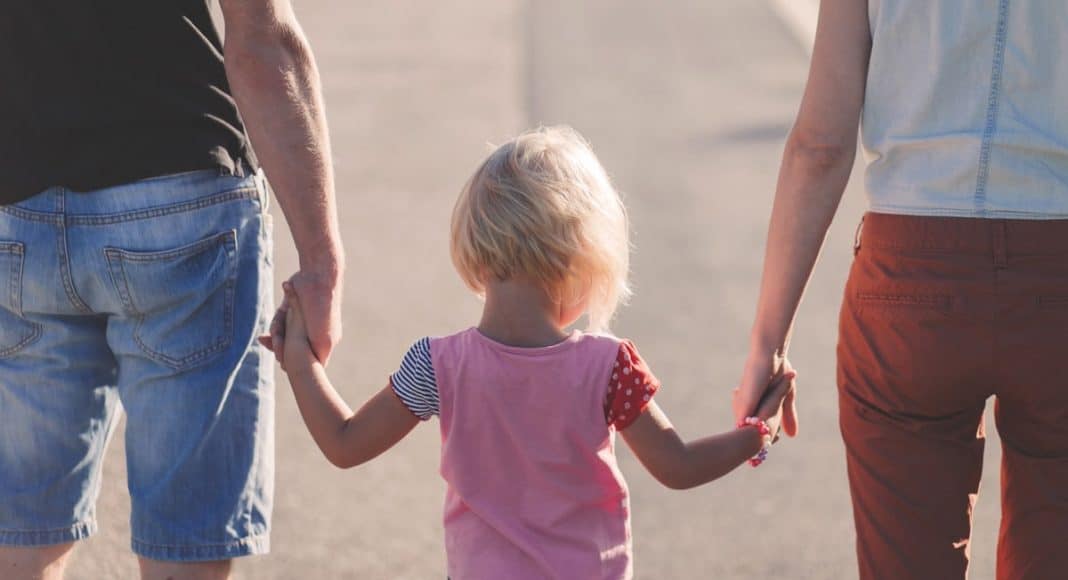A team of California researchers will investigate the safety and therapeutic efficacy of medical marijuana as a treatment for the most common yet complex disorders of the brain: autism spectrum disorder or ASD.
The clinical trial — which is expected to involve 30 children, ages 8 to 12 years, each diagnosed with autism and severe symptoms — is funded by a $4.7 million gift from the Ray and Tye Noorda Foundation, in partnership with the Wholistic Research and Education Foundation. It represents the largest known private gift to date for medicinal cannabis research in the United States.
The study will be based at the University of California San Diego School of Medicine’s Center for Medicinal Cannabis Research (CMCR) and involve a multidisciplinary team of physicians and scientists employing basic research, computational technologies, stem cells, imaging and clinical assessments to better understand how CBD interacts with or alters neural activity. The study also will measure if CBD effectively and safely alleviates some of the more problematic symptoms of ASD, such as aggressive behaviors, repetitive or self-injurious behaviors, hyperactivity and social and communicative deficits. CBD is a chemical ingredient in marijuana that is non-psychoactive. In other words, it doesn’t cause the “euphoric” sensation.
“We clearly need more treatment options for children with moderate to severe autism, those who suffer the greatest impact and who need the most help,” said Dr. Igor Grant, CMCR director and chair of the Department of Psychiatry at UC San Diego School of Medicine. “It is becoming more apparent that CBD has a number of effects on the central nervous system that may be relevant to autism and there are anecdotal reports suggesting CBD treatments may improve functioning in an ASD child.
“Investigating the effects of cannabidiol on autism has been a long-term goal for CMCR. We are excited to begin this clinical trial and unlock additional, evidence-based knowledge of how cannabis and cannabinoids can be used as medicines, not only for autism, but in the future for other neurodevelopmental and neuropsychiatric disorders.”
ASD affects an estimated one in 68 children in the United States, primarily boys. The neurodevelopmental disorder is complex, with multiple known or suspected causative factors, from inherited genetic mutations to environmental conditions to metabolic dysfunction. A major consequence is abnormal development and functioning of connectivity and communications between brain cells and among neural networks, resulting in many of the observed social and cognitive impairments in persons with ASD.
“The most exciting part of this novel study is that the findings could have tremendous implications for not just children with autism, but for children with other types of neurodevelopmental disabilities,” said Dr. Doris Trauner, a professor of neurosciences and pediatrics at UC San Diego School of Medicine and an attending pediatric neurologist at Rady Children’s Hospital-San Diego with special expertise in neurodevelopmental disabilities. As principal investigator, Trauner will oversee the design and execution of the clinical trial.
The study has three main goals:
- Determine if CBD is safe and tolerable and whether it helps with the symptoms of ASD.
- Determine whether and how CBD alters neurotransmitters and/or improves brain connectivity.
- Determine whether biomarkers of neuro-inflammation, also associated with ASD, are altered by CBD.
Researchers do not yet understand the exact causes of autism. But some of the symptoms include lower levels of the mood-regulating brain chemical serotonin and irregular organization of the patient’s brain networks. Some studies to have found CBD can correct neurotransmitters and enhance the activity of neurotransmitters that elevate mood and enhance memory.


